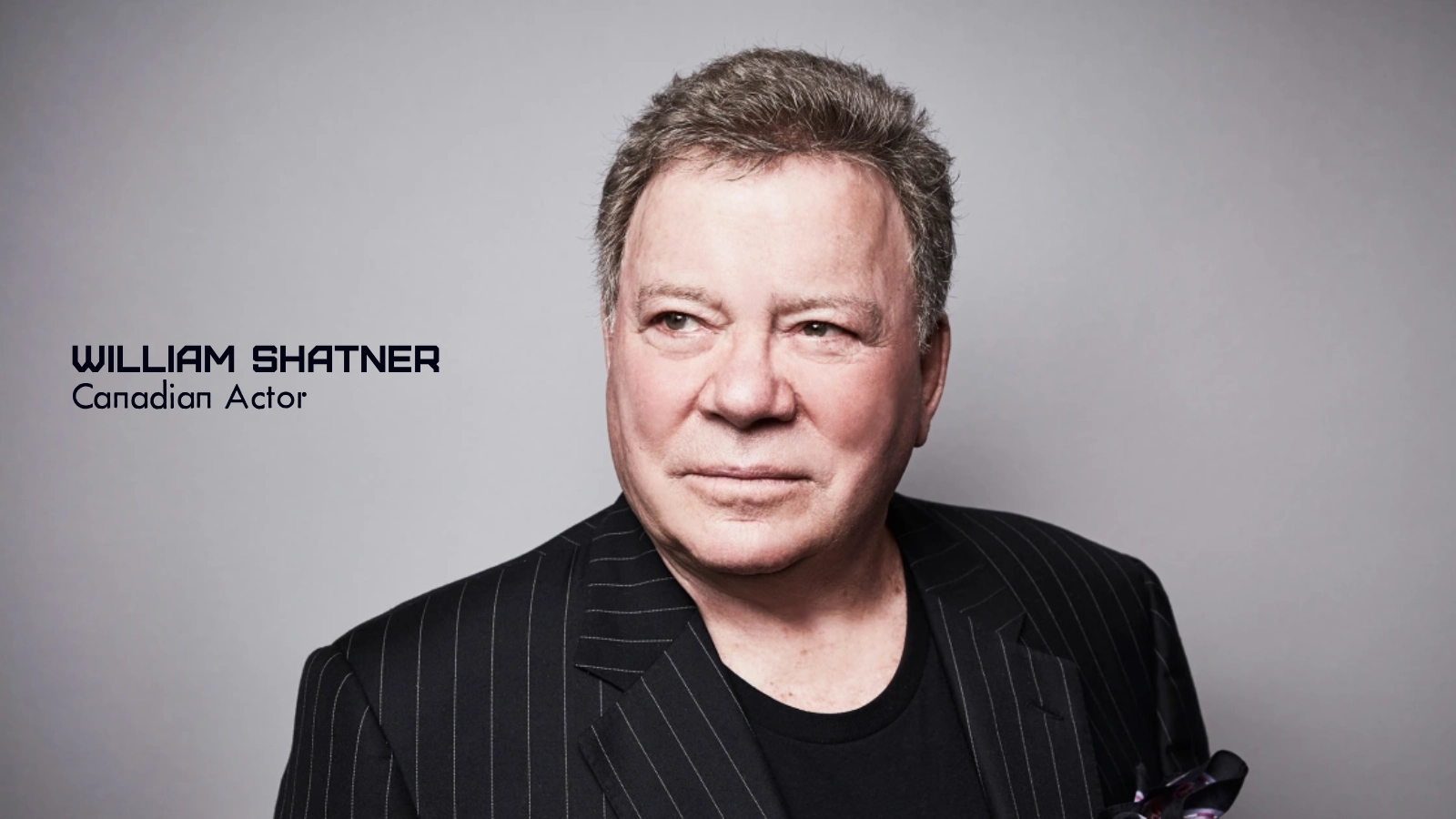


The healthcare industry stands as one of the most dynamic and meaningful career fields in the world. Its constant evolution—driven by technology, research, and humanitarian need—offers countless pathways for individuals seeking to make a lasting difference in people’s lives. From the first steps in education to achieving a global impact through service and innovation, navigating a career in healthcare requires vision, commitment, and adaptability. Understanding the stages of this journey helps aspiring professionals not only build strong foundations but also cultivate the compassion and resilience needed to thrive in an ever-changing world.
Every successful healthcare career begins with a solid educational base. Whether one aims to become a physician, nurse, therapist, public health advocate, or researcher, education provides the necessary structure and discipline to succeed in such a demanding environment. Students often begin by pursuing degrees in biology, chemistry, or health sciences, but what sets future healthcare leaders apart is their curiosity and commitment to lifelong learning.
Education in healthcare extends beyond memorizing anatomy or mastering clinical techniques. It involves understanding the ethical dimensions of care, the importance of cultural competence, and the impact of health disparities on communities. Programs that combine scientific rigor with social awareness prepare students not only to diagnose diseases but also to recognize the broader social determinants of health that shape patients’ lives.
Scholarships and educational opportunities play a vital role in this process, especially for those facing financial barriers. Initiatives such as IMANA scholarships help aspiring healthcare professionals access quality education and engage in meaningful projects that connect learning with compassion. These opportunities open doors for students from diverse backgrounds, allowing the healthcare workforce to reflect the rich variety of communities it serves.
While education builds knowledge, experience builds wisdom. Healthcare is a field that thrives on mentorship—a tradition where seasoned professionals guide newcomers through the complexities of patient care, ethics, and decision-making. Mentorship bridges the gap between theory and practice, offering young professionals the confidence to apply what they’ve learned in real-world settings.
Clinical rotations, internships, and volunteer programs allow students to experience the daily realities of healthcare. They learn that empathy is as crucial as expertise, that communication can be as healing as medicine, and that collaboration across disciplines is key to improving outcomes. Such experiences often spark passion and help individuals discover their specific callings, whether in surgery, pediatrics, mental health, or community medicine.
Volunteering, particularly in underserved regions, is another powerful step in shaping a healthcare career. Working in clinics or public health initiatives allows aspiring professionals to witness the profound impact of limited resources, teaching them creativity, humility, and resilience. It also fosters a deep understanding of global health challenges and how small acts of service can contribute to large-scale change.
As healthcare professionals advance in their careers, they begin to specialize. Specialization allows them to deepen their expertise and address specific needs within the field. Physicians may pursue residencies in cardiology, oncology, or infectious diseases. Nurses may focus on critical care, midwifery, or geriatrics. Therapists may specialize in rehabilitation or mental health. Regardless of the path, the underlying goal remains the same: to provide the best care possible and continuously improve the well-being of others.
This stage also introduces the challenge of balancing professional growth with personal well-being. Healthcare work can be physically demanding and emotionally taxing. Maintaining mental health, building supportive networks, and engaging in continuous education become essential tools for long-term success. Institutions now place greater emphasis on resilience training, mindfulness, and work-life balance—recognizing that the caregiver’s well-being directly influences the quality of care provided.
Another important dimension of professional growth is leadership. Healthcare leaders do not only manage teams; they inspire innovation and advocate for better systems. Leadership in healthcare requires vision and integrity. It means ensuring that policies prioritize patient safety, equity, and sustainability. Those who combine medical expertise with leadership skills often go on to influence healthcare policy, education, and humanitarian efforts on a global scale.
Modern healthcare thrives on innovation. Advances in medical technology, genomics, and digital health have transformed how diseases are diagnosed and treated. Research institutions and healthcare professionals work together to push boundaries, from developing life-saving vaccines to pioneering telemedicine in remote areas.
However, innovation is not only about technology—it’s about problem-solving. Professionals in healthcare constantly seek new ways to deliver care efficiently, reach vulnerable populations, and reduce disparities. The rise of evidence-based medicine, data analytics, and interdisciplinary collaboration allows healthcare systems to evolve in response to changing global challenges.
Those engaged in research contribute to shaping the future of healthcare in profound ways. By combining scientific discovery with ethical responsibility, researchers ensure that progress benefits everyone, not just a privileged few. Whether working in laboratories, hospitals, or field programs, they embody the spirit of inquiry that keeps medicine alive and moving forward.
The healthcare field is not confined by borders. Health is a universal right, and global collaboration is essential to addressing challenges that affect all humanity. From pandemics to chronic disease management, global health initiatives unite professionals from diverse nations toward common goals.
Participation in international health missions provides professionals with firsthand experience in resource-limited settings. Programs like international medical relief allow medical practitioners, nurses, and volunteers to bring care to communities where access to healthcare is scarce. These experiences often redefine one’s perspective on medicine, emphasizing prevention, education, and sustainability over short-term solutions.
Global engagement also underscores the interconnectedness of modern healthcare systems. Diseases do not respect borders, and neither should compassion. Collaboration between nations leads to better preparedness, stronger health infrastructure, and greater resilience in times of crisis. Moreover, it reminds healthcare professionals that their work is part of a larger moral commitment—to use knowledge and skill for the good of humanity.
At the heart of every healthcare career lies a moral responsibility: to serve with integrity, empathy, and respect. Ethical decision-making is a constant companion in the medical world. Whether facing end-of-life care choices, resource allocation, or research ethics, healthcare professionals must balance scientific reasoning with human compassion.
The patient-provider relationship remains sacred. In a world increasingly dominated by technology and data, maintaining the human connection is vital. Listening, understanding, and comforting patients are as essential as diagnosing and treating them. Trust, once built, becomes the foundation of effective care.
Furthermore, ethics extends to issues of equity and inclusion. Healthcare professionals must recognize and challenge systemic biases that perpetuate disparities. Equal access to care, respect for cultural diversity, and advocacy for vulnerable populations are fundamental to achieving true health equity.
Healthcare is not a static profession. New diseases emerge, treatments evolve, and technologies transform practice. Therefore, lifelong learning is essential. Professionals who remain curious, flexible, and open to change can navigate the rapid shifts in healthcare with confidence and creativity.
Continuing education programs, workshops, and research collaborations keep practitioners informed about emerging trends and discoveries. But learning also occurs through reflection—by analyzing experiences, sharing insights with peers, and continuously seeking improvement. The willingness to evolve ensures that healthcare remains responsive, compassionate, and effective.
The COVID-19 pandemic served as a powerful reminder of this adaptability. It revealed the resilience of healthcare systems and the courage of professionals worldwide. It also underscored the importance of global solidarity, scientific transparency, and innovation in overcoming challenges that affect all of humanity.
A career in healthcare is more than a profession—it is a lifelong commitment to service. Every act of care, every research discovery, and every moment of advocacy contributes to a larger ripple effect. The skills and compassion of healthcare professionals extend beyond hospitals and clinics, influencing education, community health, and public policy.
Those who choose this path become agents of change. They help shape societies where health is not a privilege but a shared priority. Their influence reaches classrooms, government institutions, and international partnerships that aim to reduce suffering and promote well-being.
The global impact of healthcare professionals is visible in vaccination campaigns that save millions, in rehabilitation programs that restore dignity, and in preventive initiatives that empower communities to take control of their health. Each contribution, no matter how small, strengthens the fabric of global health.
Navigating a career in healthcare is a journey marked by dedication, empathy, and growth. From the earliest stages of education to achieving a lasting global impact, each phase builds upon the last, creating a profession that blends science with humanity. The path is not easy—it demands sacrifice, resilience, and continuous learning—but the rewards are profound.
Healthcare professionals stand at the crossroads of knowledge and compassion, where every decision carries the potential to change lives. Through education, mentorship, specialization, and global service, they shape not only their own destinies but also the future of the world.
Ultimately, the beauty of a healthcare career lies in its universality. No matter where one practices, the mission remains the same: to heal, to serve, and to bring hope. Whether through local community work or international collaboration, healthcare professionals embody the spirit of care that transcends boundaries, reminding humanity that compassion is the greatest medicine of all.